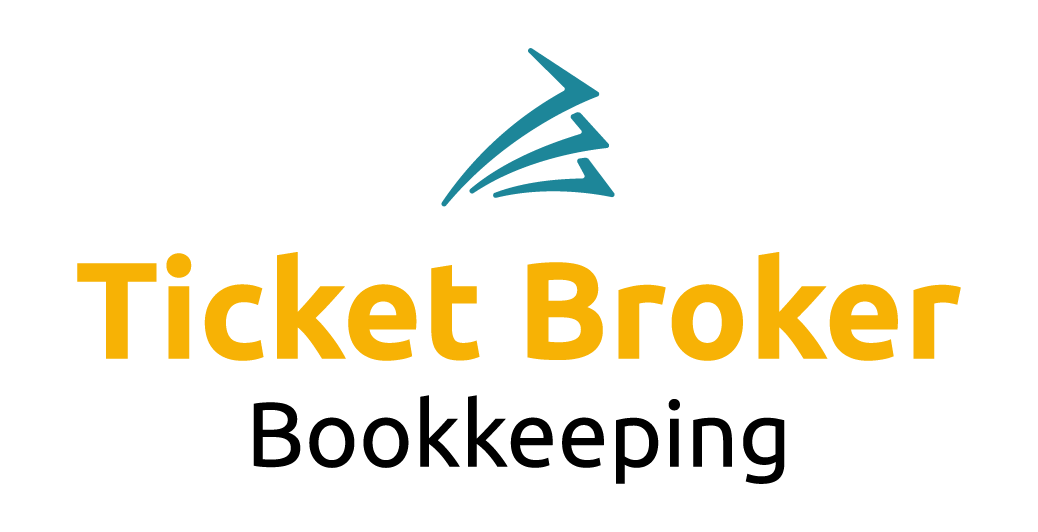Accounting for a ticket brokerage’s transactions is just one of the many facets of managing such a business. Did you know that small businesses, including ticket brokerages, spend up to 120 hours annually on bookkeeping and tax preparation? This is a significant amount of time that could be better spent on important business tasks like selling and getting tickets. Catch up bookkeeping can help you manage your money better, save you time, and eventually make a greater profit. This blog post will explain what catch up bookkeeping is, its many benefits, and how you can use it in your ticket exchange to make it more efficient and profitable.

The Importance Of Accurate Bookkeeping For Ticket Brokers
A ticket brokerage is no different from any other business when it comes to having accurate books. It allows you to:
- Track your income and expenses: Knowing exactly how much money is coming in and going out is crucial for making informed business decisions.
- Maintain healthy cash flow: Cash flow is the lifeblood of any business. Good bookkeeping helps you predict your cash needs and avoid shortfalls.
- Prepare for tax season: Come tax time, you’ll be glad you have organized records that make filing a breeze and avoid potential penalties for inaccurate reporting.
- Gain valuable insights: By analyzing your financial data, you can identify areas for cost savings, adjust your pricing strategies, and track your overall business performance.
The Challenges Ticket Brokers Face In Managing Finances
Ticket brokers work in a very different type of business environment. You might have to deal with some of the following challenges:
- High transaction volume: With a constant stream of ticket sales and purchases, keeping up with the sheer volume of transactions can be overwhelming.
- Complex sales cycles: Ticket sales often involve reservations, deposits, refunds, and exchanges, adding another layer of complexity to the bookkeeping process.
- Multiple payment methods: Customers might pay with cash, credit card, or even online payment services, requiring you to track transactions across different platforms.
- Lack of time and resources: Most ticket brokers are small businesses with limited staff and resources. Dedicating someone solely to bookkeeping might not be feasible.
Understanding Catch Up Bookkeeping
When you neglect your financial records for an extended period of time, you must perform catch-up bookkeeping to bring them up to date, including accounting for ticket sales. This might involve entering months or even years of transactions into your accounting system, reconciling bank statements, and making sure that all financial data is accurate and complete.
The main goal of catch up bookkeeping is to provide an accurate and up-to-date picture of your business’s financial health. It is especially important for ticket brokers because they deal with a lot of different kinds of trades making it easy for records to become outdated quickly.
Several factors can cause ticket brokerages to fall behind in bookkeeping:
- Seasonal Peaks: Busy periods such as major sports seasons or concert tours can overwhelm your regular bookkeeping processes.
- Unexpected Growth: A sudden increase in business can lead to neglected financial records.
- Limited Resources: Small teams may prioritize ticket sales over financial management, leading to backlog.
The Time-Saving Benefits
One of the most significant benefits of catch up bookkeeping is the time it can save you. As a ticket broker, you need to make the most of your time. Every minute you spend on administrative tasks is time you could be using to grow your business. By outsourcing your bookkeeping to a professional service, you can free up your time to focus on what you do best. Catch up services use the latest software and tools to effectively manage and update your financial records, reducing the need for manual data entry and lowering the risk of errors. This means that you can spend less time on bookkeeping and more time on revenue-generating activities.
Financial Benefits
In addition to saving time, catch up bookkeeping can also help you save money.
- Avoid tax penalties: Inaccurate bookkeeping can lead to costly tax mistakes and penalties. Hiring a catch-up bookkeeper can help you save money by making sure your records are in compliance with tax requirements.
- Identify areas for cost reduction: By analyzing your financial data, a catch-up bookkeeper can help you identify areas where you might be overspending. This could mean renegotiating service fees with providers to streamline your marketing efforts.
- Gain control over cash flow: You can make better choices about your cash flow if your financial records are accurate and up to date. This lets you plan for future expenses, avoid shortfalls, and invest in growth opportunities.

How Do I Know If I Need Catch Up Bookkeeping Services?
If you think you might need to catch up on your books, here are some signs:
- Falling behind on bookkeeping tasks.
- Difficulty in generating accurate financial reports.
- Uncertainty about business’s financial health.
- Messy books for tax season.
How To Implement Catch Up Bookkeeping
Some things to consider:
- Hiring Professionals: Consider hiring professional bookkeepers or accounting firms specializing in catch up services. These experts can quickly and accurately bring your records up to date, providing peace of mind and allowing you to focus on your business.
- Software Solutions: There are many software solutions available that can help you catch up on your bookkeeping. Tools like QuickBooks, Xero, and FreshBooks are designed to simplify the process, offering features such as automatic bank feeds, expense tracking, and financial reporting.
- Regular Reviews: Establish a routine for periodic financial reviews to prevent future backlogs. Regularly updating your books ensures that your financial data remains accurate and reduces the likelihood of falling behind again.
Expert Tips For Efficient Catch Up Bookkeeping
While catching up on your bookkeeping can be a complex and time-consuming process, there are many strategies you can use to make it more efficient. Here are some expert tips from accounting professionals:
- Implement a system for collecting and organizing receipts.
- Categorize your transactions consistently from the beginning.
- Reconcile your bank statements regularly (ideally monthly).
- Set aside time each week or month to review your financial reports.
- Invest in accounting software specifically designed for small businesses.
- Schedule regular consultations with your catch-up bookkeeper to stay on track.
Our goal at Ticket Broker Bookkeeping is to help ticket brokers save time and money by making your bookkeeping easier. Our team of expert accountants specializes in catch-up bookkeeping for ticket brokers. We keep your financial records up to date and in order using the newest tools and software, so you can focus on building your business. We can help you get your books back on track. Contact us today and reclaim your time and peace of mind.
FAQs
It ensures accurate financial records, improves cash flow management, and helps in timely tax filing, saving both time and money
It’s never too late to catch up on your bookkeeping. Start with the most recent transactions and work backward, focusing on the most important records first.
Accurate accounting for ticket sales can help you generate accurate financial reports, make informed decisions about pricing and inventory management, and ensure compliance with tax laws and regulations.
While it’s possible to catch up yourself, working with a professional service provider can save you time and ensure accuracy.
You’ll need to gather all your financial documents, including bank statements, receipts, invoices, and sales records. Your catch up service provider can provide guidance on what specific documents are needed.
Our services provide expert catch up services tailored to ticket brokerages, saving you time and money while ensuring accurate financial management.




